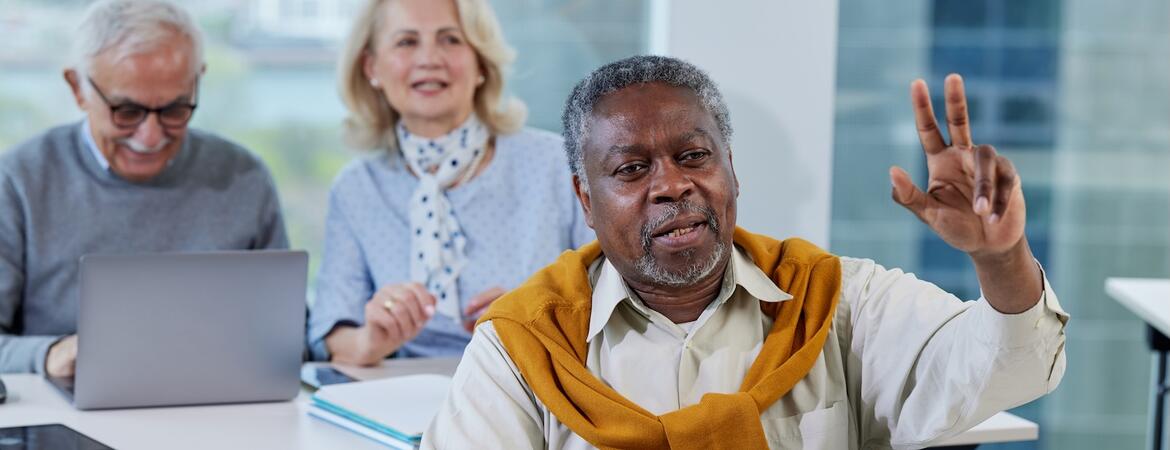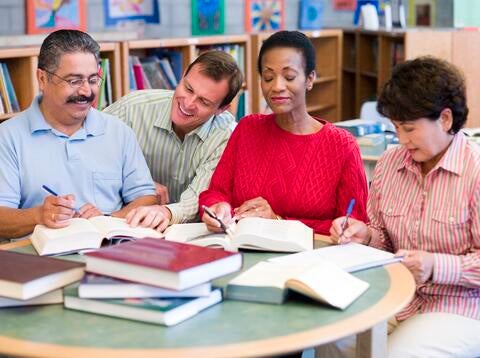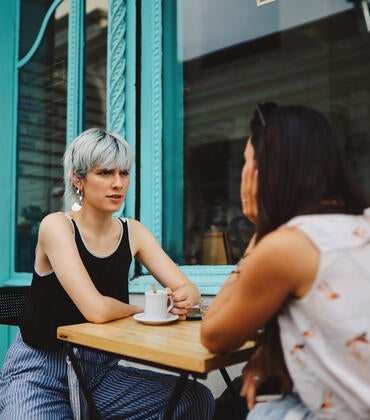
In a pair of new studies, researchers found that older adults who challenge themselves to learn new things are less likely to experience loneliness or depression, even during times of major upheaval.
The UC Riverside research finds a connection between continued skill learning and improved mental health during the early years of the COVID-19 pandemic. Published in PLOS Mental Health, the findings underscore the long-term value of cognitive engagement for older people and preparing for unexpected change.
“Learning can be difficult and uncomfortable in the short-term. But that short-term discomfort actually helps protect us in the long run,” said UCR psychologist and study author Rachel Wu.
The work, published as two studies, looked at how people of different ages adjusted to the pandemic. The first study included two groups: one with participants aged 19 and older, and another with adults aged 50 and above. Some people in the second group participated in an earlier learning intervention program designed to increase the desire and ability to learn unfamiliar skills.
In both cases, participants reported how much time they spent learning new skills during the pandemic, and how their well-being changed over the course of a year.
Lilian Azer, a former UCR graduate student and paper lead author, said the results show a consistent pattern: “People who were actively learning fared better in terms of mental health outcomes, especially older adults who might otherwise have been more vulnerable to isolation and stress,” she said.
Those outcomes included self-reported levels of depression, loneliness, and overall well-being. The studies also asked participants to rate their own memory, focus, and daily decision-making abilities.
The researchers found that the benefits of learning were not immediate. Participants who challenged themselves didn’t necessarily feel happier in the moment. But a year later, they reported greater resilience to external stressors than peers who had not spent time learning new things.
That finding adds nuance to long-held theories about aging. According to socioemotional selectivity theory, people tend to prioritize emotional satisfaction as they get older, seeking joy and avoiding strife. Wu sees the value in that approach to life but believes it comes at a cost if we only prioritize short-term happiness.
“Learning new skills is frustrating at first, especially if you haven’t done it in a while,” she said. “But if we only do what feels good in the moment, we might be giving up the ability to adapt when life throws something big at us.”
The pandemic created a rare opportunity to study this idea. With formal learning environments shut down, participants had to self-direct their skill-building, including picking up new hobbies and navigating online tools. Those who kept learning, even without structure or support, tended to report better mental health later on.
In a second, separate study, researchers focused on people over the age of 58 who had spent time learning digital photography, drawing, or languages before the pandemic hit. When compared with a similar group of peers who hadn’t participated in the structured learning intervention prior to the pandemic, the learners fared better emotionally.
“You want to have the machinery of learning dusted off, so it works when you need it,” Wu said.
Wu said this work fills a major gap in the scientific literature, as most research on learning stops after early adulthood. Based on these studies and others, Wu says there is a critical need to expand that timeline.
“There’s so little research on how learning affects people after their formal education ends,” she said. “But we know that if you’re not learning, you’re probably declining, no matter what age you are.”
Wu hopes the findings inspire more targeted interventions for older adults, especially those who are under-resourced or cognitively struggling. The research also has implications for public health and aging policy. Continued learning, she says, may be as vital to independence as physical health.
“You don’t want to wait until you have to learn something in a crisis,” she said. “Seek out challenges. Keep growing. That’s how you stay ready.”
(Cover image: millann/iStock/Getty)




